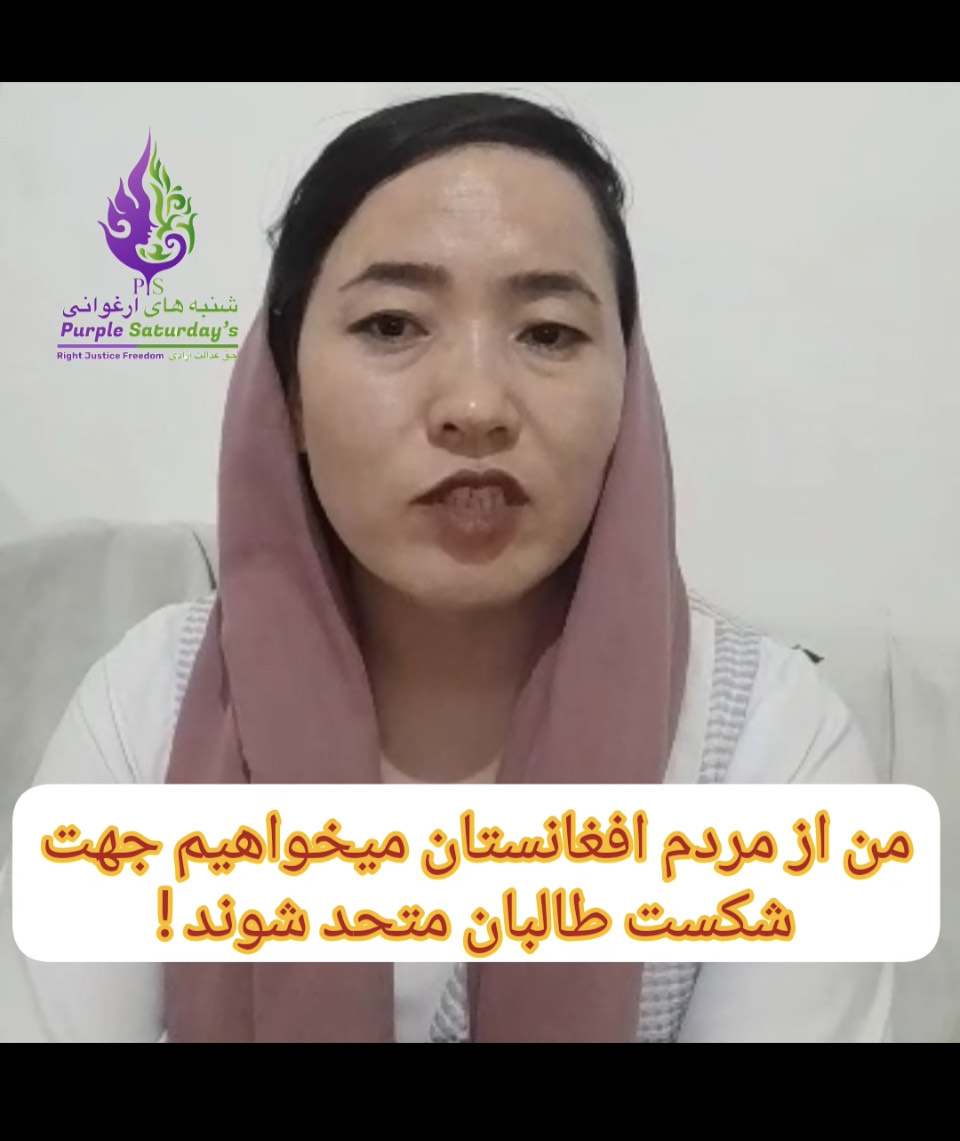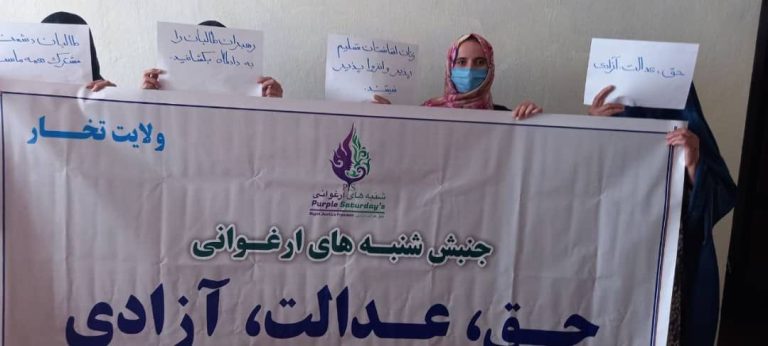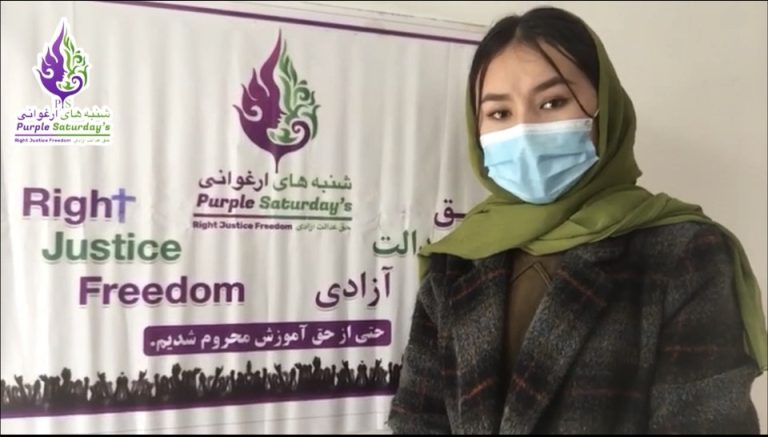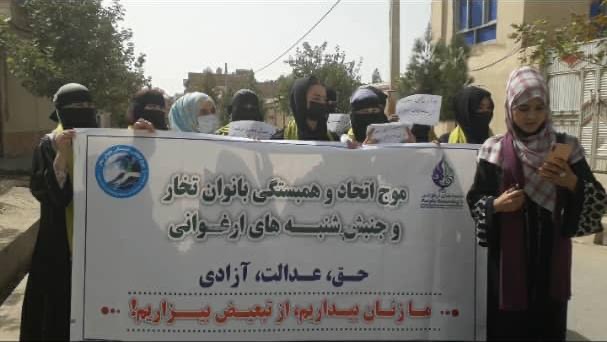The situation of women National Army and the National Police under the rule of the Taliban group
-
by
admin
The situation faced by girls who served with the Afghan National Army and National Police, and are now living under Taliban rule, is indeed concerning. These women are not only dealing with the challenges of poverty but also facing significant threats to their safety and well-being. The mental health of these women is undoubtedly at risk due to the traumatic experiences they have endured. Serving in the military or police force in a conflict-ridden country like Afghanistan can lead to various psychological issues, including post-traumatic stress disorder (PTSD), anxiety, depression, and other related conditions. The sudden shift in power and the fear of reprisals from the Taliban can exacerbate these mental health challenges. Poverty further compounds the difficulties faced by these women. The collapse of the Afghan government and the ensuing economic crisis have left many people, including former military and police personnel, struggling to meet their basic needs. Lack of access to healthcare, education, and employment opportunities can contribute to a sense of hopelessness and despair, worsening their mental health conditions. Moreover, the Taliban’s oppressive ideology and treatment of women pose a significant threat to their safety and well-being. The group’s history of restricting women’s rights, denying them education and employment opportunities, and subjecting them to violence and discrimination is well-documented. The fear of facing retribution for their past service or for advocating for their rights can lead to increased anxiety and trauma among these women. Addressing the mental health needs of these women requires urgent attention and support from the international community. Humanitarian organizations, governments, and NGOs should collaborate to provide mental health services, including counseling and therapy, to help these women cope with their traumatic experiences. Additionally, efforts should be made to ensure their safety and protect their rights, including advocating for their inclusion in any future peace and reconciliation processes. It is crucial to recognize the resilience and strength of these women, who have served their country and now face immense challenges. By providing them with the necessary support, we can help alleviate their suffering and empower them to rebuild their lives in the face of adversity.




